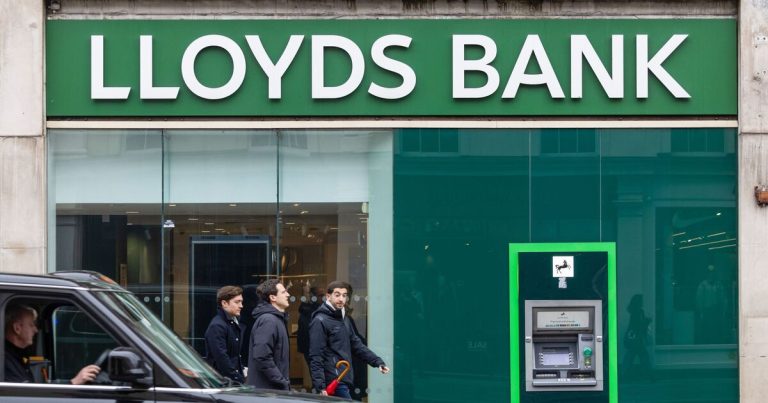
Scammers are contacting Britons pretending to be from HMRC in a bid to get people to hand over personal or financial details.
HMRC has had over 130,000 scam reports this year with fraudsters using ploys such as fake tax rebate opportunities to lure people in.
Paul Cooper, head of Technology Delivery at takepayments, said: “Multiple scam texts, emails and phishing calls have been doing the rounds recently, claiming to be from HMRC.
“The fake messages claim the respondent either owes money, is owed a refund from HMRC or needs to update their details to avoid being accused of tax evasion.
“The messages invite you to click a link with the aim of extracting personal information to steal money.”
The group said a fifth of Britons had been targeted by scammers impersonating a trusted organisation such as HMRC this year.
Here are some of the signs of a fake message to look out for:
- Unsolicited messages regarding refunds
- Spelling and grammar mistakes in the text
- If the message is from a suspicious number
- Background noise that sounds artificial on calls.
Takepayments also provided some tips about what consumers can do to avoid being taken in by a scam.
These include never sending money via a bank transfer to an unknown source, such as through a peer-to-peer app like PayPal.
Britons are also advised never share personal details or information, as HMRC would never request this information over text or email.
The experts at takepayments said: “Links included in these messages are likely to lead to fraudulent websites.Unsecured payment gateways do not ask for four-digit card PINs or online banking information, including passwords.”
People can also protect their information online by not having personal details such as their phone number or email address on social media or websites.
A person can report a suspicious message to Action Fraud – reporting these incidents helps the authorities understand which scams are most prevalent.
For the latest personal finance news, follow us on Twitter at @ExpressMoney_.







